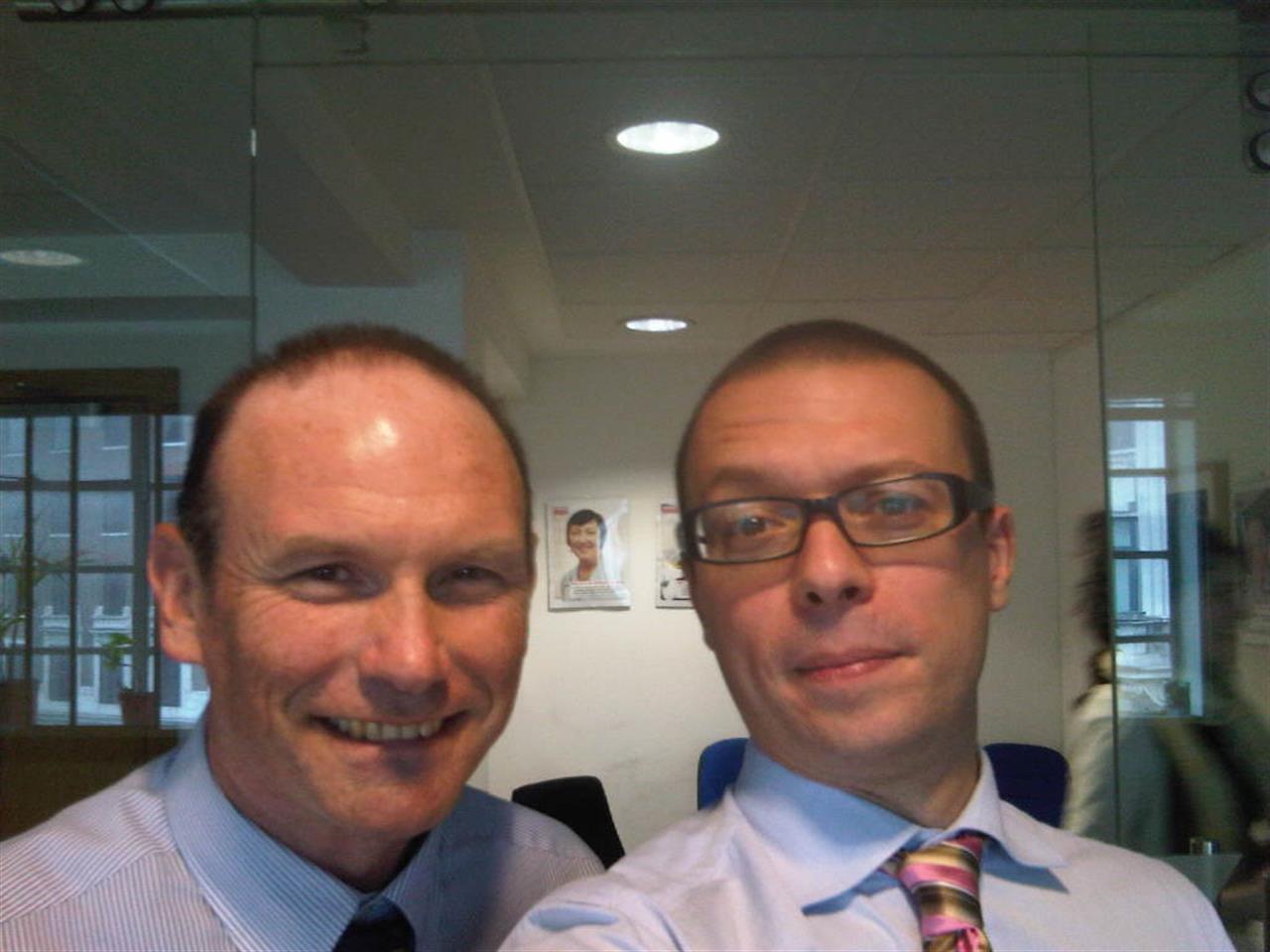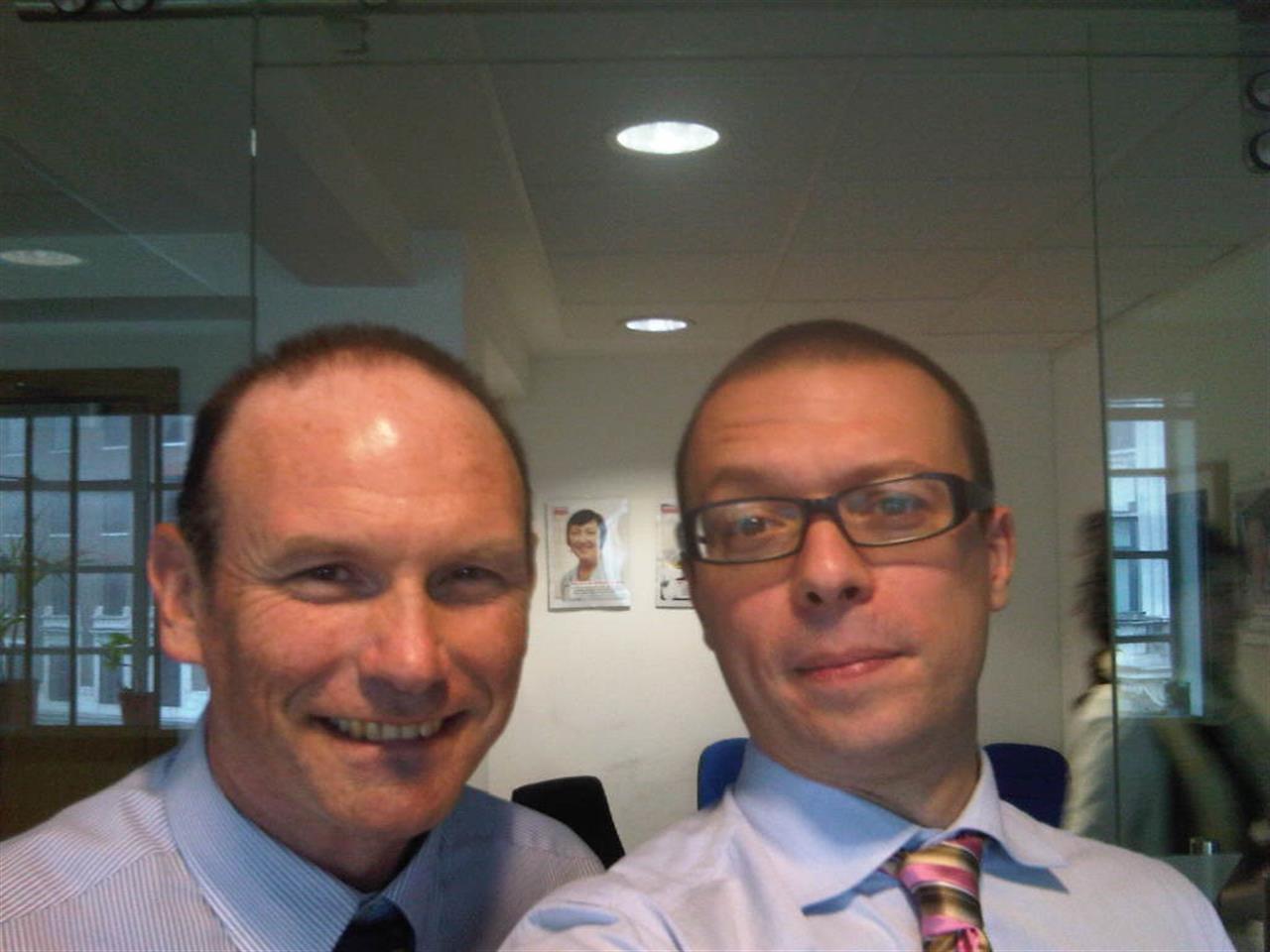
Dear Juan Jose,
It was not only an honor to host your research project in London but an inspiration. The Basque case proves that a triple bottom line development combining economic growth, environmental sustainability and human development is possible. You have provided evidence to our ideals.
You made it happen when you led the Basque country as Lendakari – President or, more precisely, Primus inter pares in Basque language – transforming a poor and forgotten part of Europe in one of the most developed and innovative in the world.
Why are you not in politics anymore?
This was my question at the end of the week and you answer was even more enlightening: “I’ve done politics for 10 years. It’s enough. Now I serve my country as its ambassador in the world. This is my moral duty”.
I don’t frequently meet politicians who claim to serve their country even when they have left politics. Especially politicians who left voluntary and haven’t been recycled in European or international institutions.
One of the lessons I’ve retained from your work is the need for a strong community as the Basque people – defined as distinguished community with its own language, institutions and traditions, and persecuted by Franco for 40 years – to embrace and underpin such a development model. I wonder how we can apply this to Europe.
Europe doesn’t have a shared culture and history to connect people and develop a sense of ownership. On the contrary its richness relies on its diversity.
WWII as a tragic global experience, for the first time, connected all peoples across Europe and became the compelling argument for a Union, without mentioning the fear of a Soviet invasion. But such a cause is lost in far memories and doesn’t mean much to the new generations.
Europeans need a new solid reason to share the future. They need hope and a vision. They need a new European dream.
These are the 5 points from which I would start:
- Peace as a universal mission, but not supporting short-term stability
- Sustainable development as individual commitment and shared responsibility based on innovation, and not green-washing and social dumping
- Democracy as multi-stakeholder governance and civic engagement, not just limited to representation and the nation-state
- Human rights as narrowed down to the most fundamental, effectively implemented on the ground and coupled with individual responsibility
- Social justice as solidarity within and beyond philanthropy, not just top down wealth redistribution
Our shared future relies on such values to build a European unlimited – not a fortress – in my view. I’m glad I found a friend and companion to make it happen.
Cosa fa VITA?
Da 30 anni VITA è la testata di riferimento dell’innovazione sociale, dell’attivismo civico e del Terzo settore. Siamo un’impresa sociale senza scopo di lucro: raccontiamo storie, promuoviamo campagne, interpelliamo le imprese, la politica e le istituzioni per promuovere i valori dell’interesse generale e del bene comune. Se riusciamo a farlo è grazie a chi decide di sostenerci.

